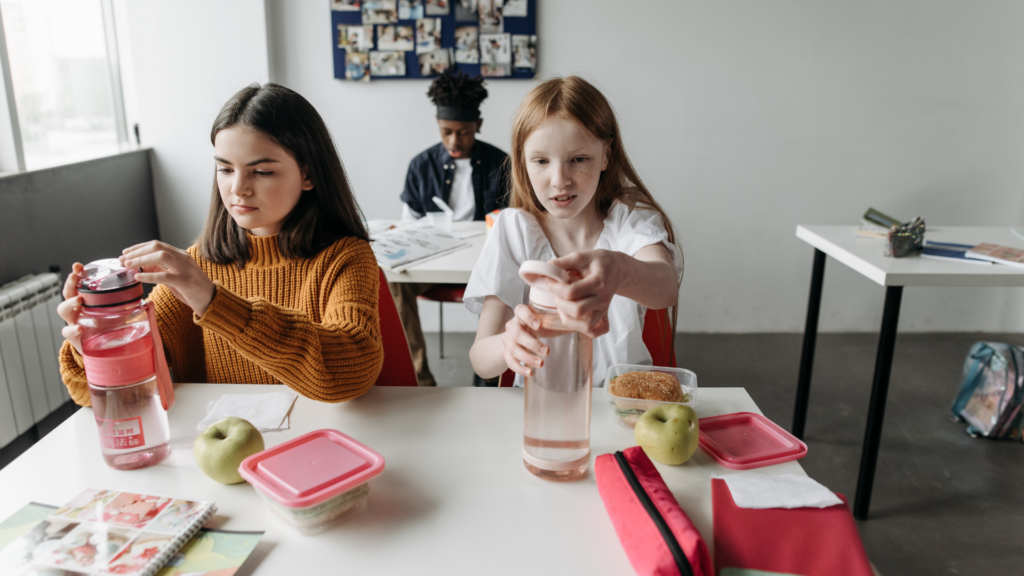At least 1 in 6 (16,3%) of teenagers living in Belgium have been diagnosed with a mental disorder, according to the latest UNICEF estimates published on Tuesday.
The Belgian branch of the international organisation has published the results of its participatory project “What Do You Think?”, which analysed young people aged 10 to 19 living in Belgium by using the World Health Organisation (WHO) definition of ‘diagnosed mental disorder’.
UNICEF also interviewed 150 children and adolescents aged 6 to 17 living in child psychiatric institutions or receiving outpatient treatment for mental health problems, to understand their well-being and future expectations.
The young people interviewed made many suggestions on a wide range of issues, from admission to hospital to care by relatives and supervision at school.
While many say they have the feeling of being listened to in the hospital, they say they regret “the discontinuity of care, the therapeutic regimen offered to them, and the lack of games and social contacts”.
The importance of listening to children at school and within families is also highlighted by the report. “School should be a centre where all children can receive help, find attentive listening and concrete support,” Unicef Belgium underlines. “According to many young people, this is not the case today.”
Related News
- Massive increase in suicides and attempts in Belgian asylum centres
- Young people in Flanders to receive more accessible online mental health care
- Flanders: 8 out of 10 people are worried about the state of the world
Finally, the lack of knowledge of mental disorders by a large part of society is pointed out by the young people questioned. Children who suffer from it sometimes feel stigmatised or feel like they are not taken seriously.
UNICEF Belgium hopes that “the testimonies of these children and young people will bring about changes in the legislation and in the practices relating to mental health so that they are more based on the rights of the child”.
In particular, the organisation calls for increased investment in prevention, better support for parents, raising awareness among front-line staff and encouraging free speech.

